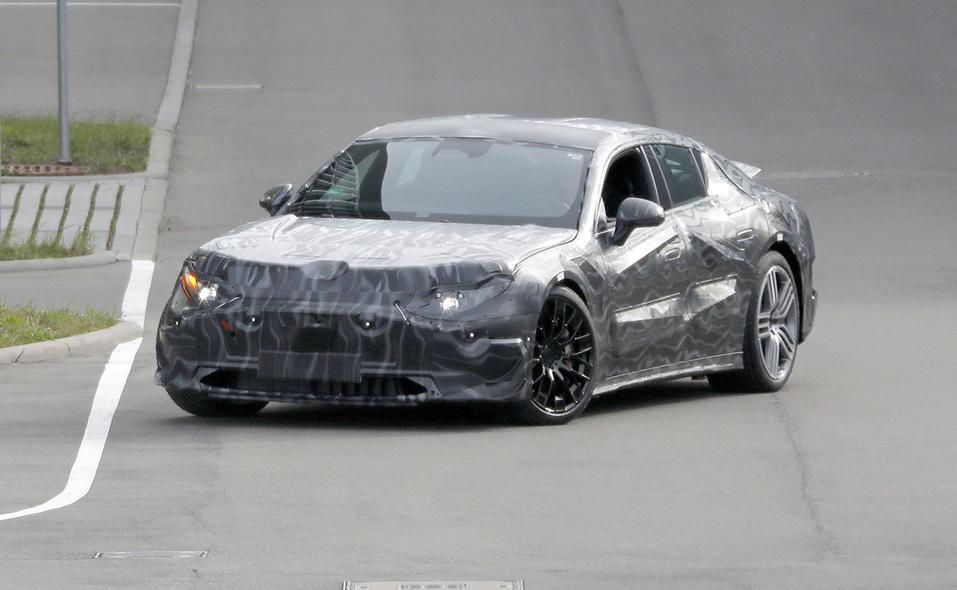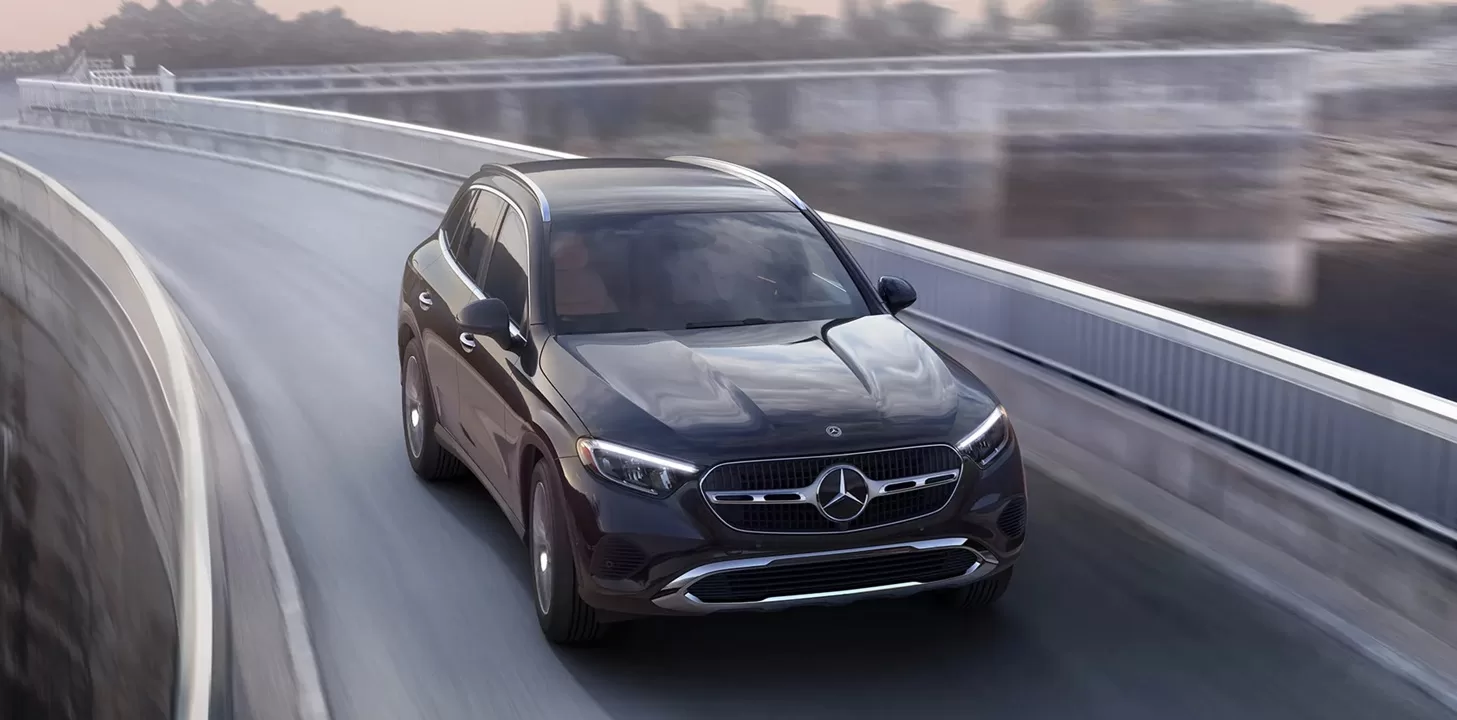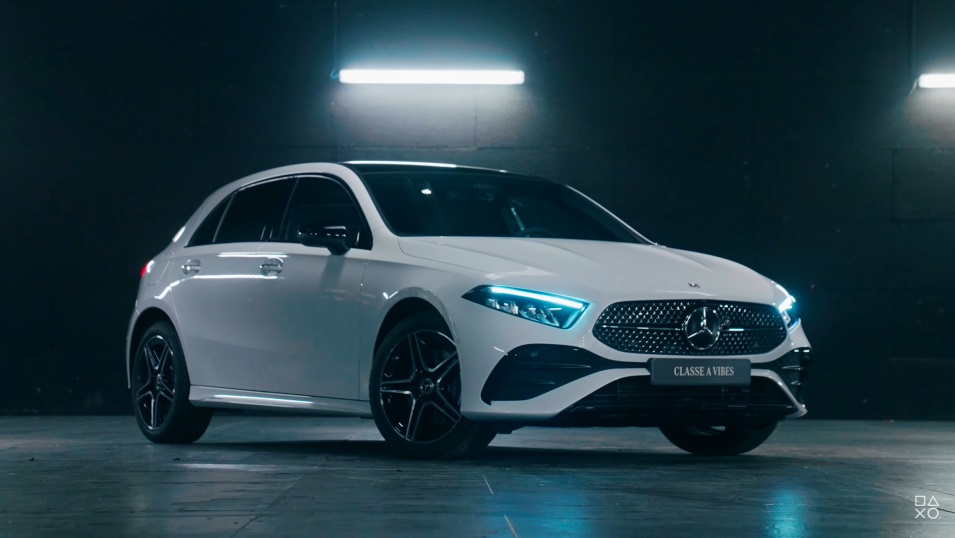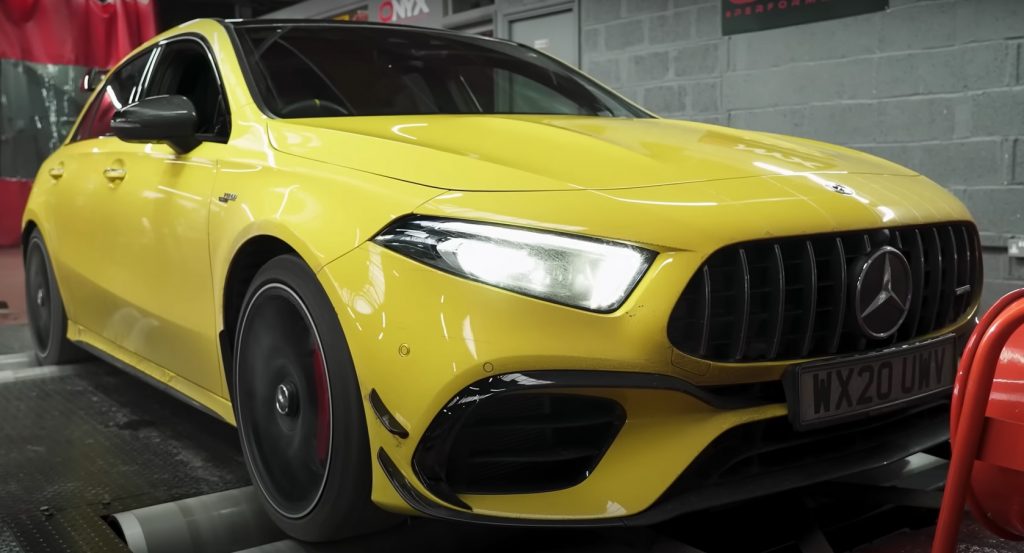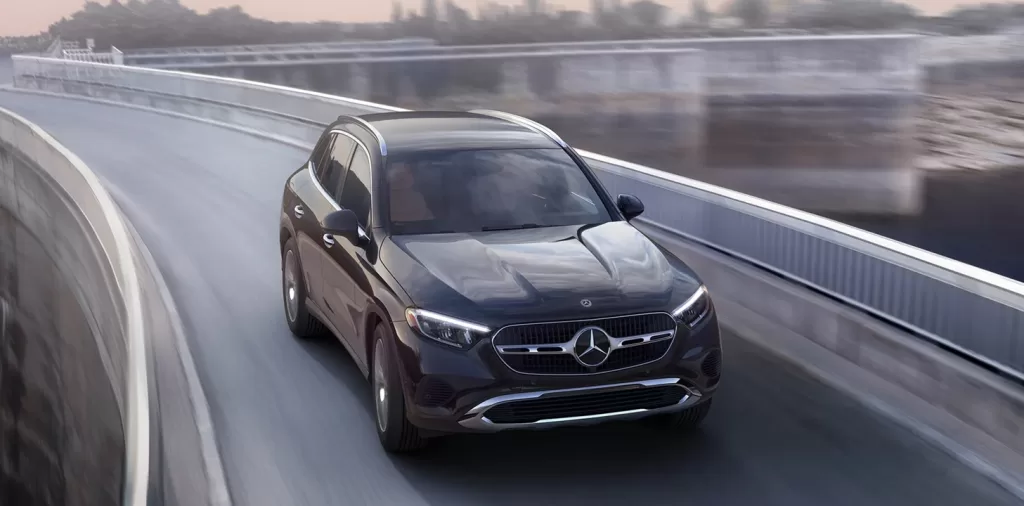
The premium feel of driving a luxury car is undeniable, but the decision between leasing and buying one can significantly impact your financial outlook because of the pros and cons both have on your financial situation. This article will delve into these factors connected to leasing and buying a Mercedes-Benz or any other luxury car to help you make an informed choice that aligns with your preferences, lifestyle, and financial goals.
Buying a Luxury Car
For some, it’s always better to buy a luxury car like a Mercedes-Benz because of the full equity one can enjoy from it, and that’s just one of the reasons. However, that’s not to say that buying a luxury car doesn’t have its cons.
Pros
Ownership and Equity
Perhaps the most significant advantage of buying a luxury car is ownership. You build equity in the vehicle with each payment, and once the loan is paid off, you have a valuable asset that can be sold or used as a trade-in for a new car.
No Mileage Restrictions
Unlike leasing, purchasing a luxury car means there are no mileage restrictions. You can drive as much as you want without the fear of incurring extra fees at the end of the term.
Customization Freedom
Ownership allows you to personalize your luxury car according to your preferences. From custom paint jobs to personalized interiors, buying provides the canvas for making your dream luxury car a reality.
Flexibility to Keep or Sell
When you buy a luxury car, you can keep it for as long as you desire. Additionally, you can sell or trade it in whenever you see fit, providing financial flexibility and control over your automotive decisions.
Potentially Lower Long-Term Costs
While monthly payments for buying may be higher than leasing, the long-term cost of ownership could be lower. Once the loan is paid off, you only need to budget for maintenance, insurance, and potential repairs, which might be less than continuous lease payments.
Cons
Higher Monthly Payments
Buying a luxury car often requires higher monthly payments compared to leasing. The initial down payment and subsequent monthly installments can be a significant financial commitment.
Depreciation Impact
The topic of depreciation usually comes up if you ask yourself, “can I trade in a car I just bought?” Luxury cars tend to depreciate faster than standard vehicles. When you buy, you bear the brunt of this depreciation, which can affect the car’s resale value.
That said, if you’re looking to trade in your car shortly, you might want to be faster about it since, as mentioned earlier, depreciation is faster in luxury cars, not to mention that the moment you drive your luxury car, you’ll instantly lose 10% of its original value.
Long-Term Commitment
Purchasing a luxury car is a long-term commitment. Buying may not align with your desire for variety if you enjoy driving the latest models or frequently changing your vehicle.
Potentially Higher Repair Costs
While warranties can cover some repairs, owning a luxury car can still result in higher maintenance costs, especially as the vehicle ages. Parts and services for high-end vehicles can be more expensive than their mainstream counterparts.
Resale Value Uncertainty
The luxury car market can be unpredictable, affecting the resale value of your vehicle. Factors such as model popularity, brand reputation, and market trends can impact how much you recoup when selling or trading in your luxury car.
Leasing a Luxury Car
Leasing a luxury is a sound decision, especially if you don’t have the money to buy a luxury car. However, that’s just a generalization because leasing a luxury car can also have its cons.
Pros
Lower Monthly Payments
Leasing often translates to lower monthly payments compared to purchasing. Since you’re essentially paying for the vehicle’s depreciation over the lease term rather than the full value, you can enjoy the luxury experience without the hefty price tag.
Access to the Latest Models
Leasing allows you to regularly upgrade to the newest luxury models without the hassle of selling or trading in your car. This provides an opportunity to consistently experience the latest technological advancements, safety features, and design.
Lower Repair Costs
Lease terms typically coincide with the manufacturer’s warranty period. As a result, the warranty covers many repair and maintenance costs, sparing you from unexpected expenses. This can be especially appealing when dealing with high-end vehicles known for intricate and costly repairs.
Minimal Down Payment
Leasing often requires a lower upfront payment compared to buying. This makes luxury cars more accessible to a broader range of consumers who may not have the immediate capital for a substantial down payment.
No Long-Term Commitment
Leases usually have terms ranging from two to three years. If your lifestyle or preferences change frequently, leasing provides flexibility by allowing you to drive a different luxury car more regularly without a long-term commitment.
Cons
Mileage Restrictions
Leasing contracts typically come with restrictions on mileage. Exceeding the agreed-upon limit can result in hefty fees at the end of the lease term. If you enjoy spontaneous road trips, leasing might not be ideal.
No Ownership Equity
When you lease a luxury car, you’re essentially renting it for a predetermined period. At the end of the lease, you don’t own the vehicle, and you have no equity to show for your monthly payments. If ownership is a priority, leasing might not align with your long-term goals.
Customization Limitations
Leasing contracts often have restrictions on vehicle customization. If you have a specific vision for your luxury car, buying might be the better option, as it allows for more extensive personalization.
Continuous Payments
Unlike purchasing, where your monthly payments eventually cease once the loan is paid off, leasing requires continuous payments as you transition from one lease to another. This perpetual expense might not align with eventually owning a luxury vehicle outright.
Final Words
Choosing between leasing and buying a luxury car involves weighing the pros and cons against your personal preferences, financial situation, and long-term goals. Leasing provides a gateway to experiencing luxury at a more affordable monthly cost, with the flexibility to upgrade to the latest models regularly.
On the other hand, buying a luxury car offers ownership, customization freedom, and the potential for long-term cost savings. That said, leasing and buying have pros and cons, and the answer usually depends on your situation.





